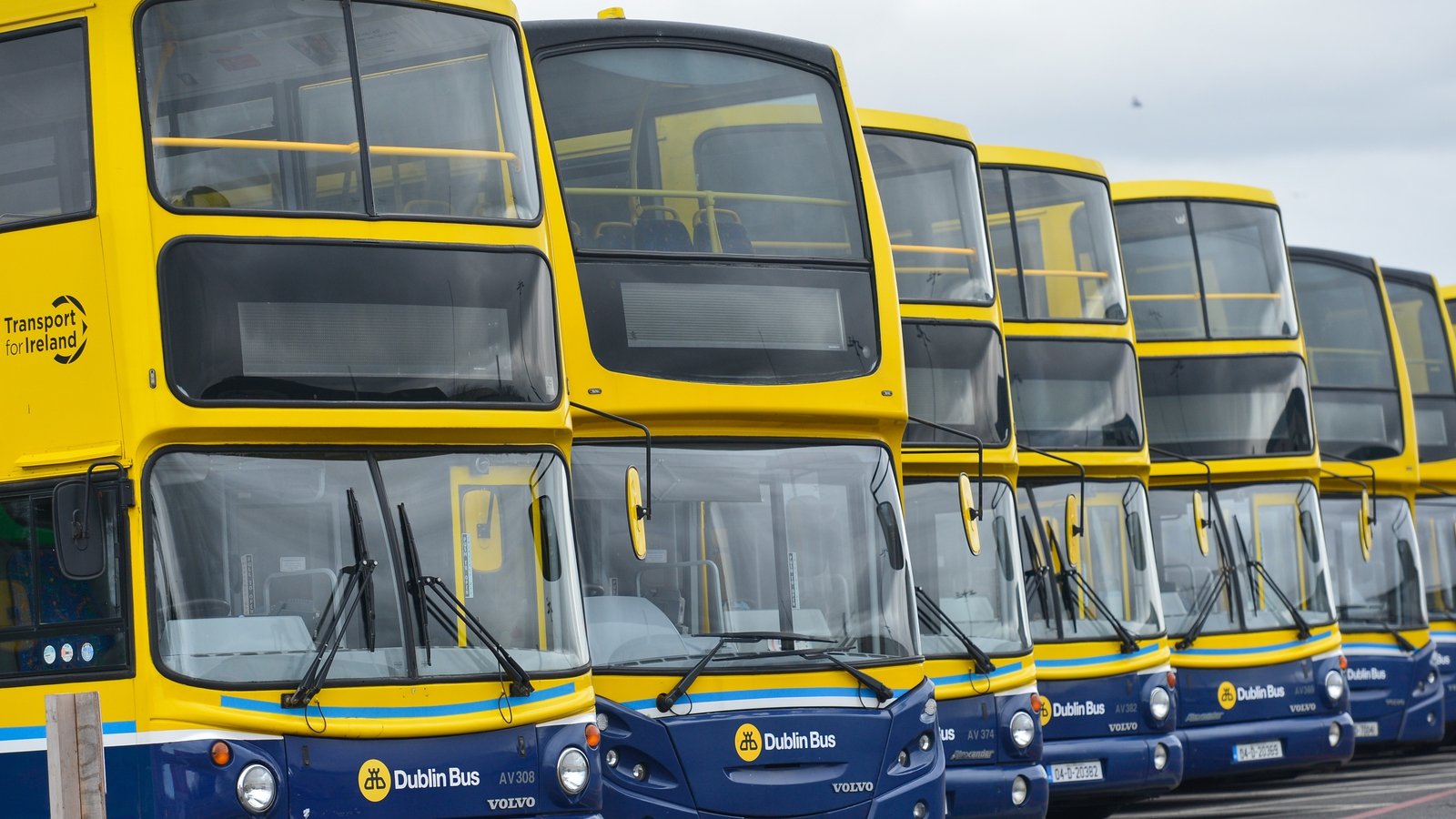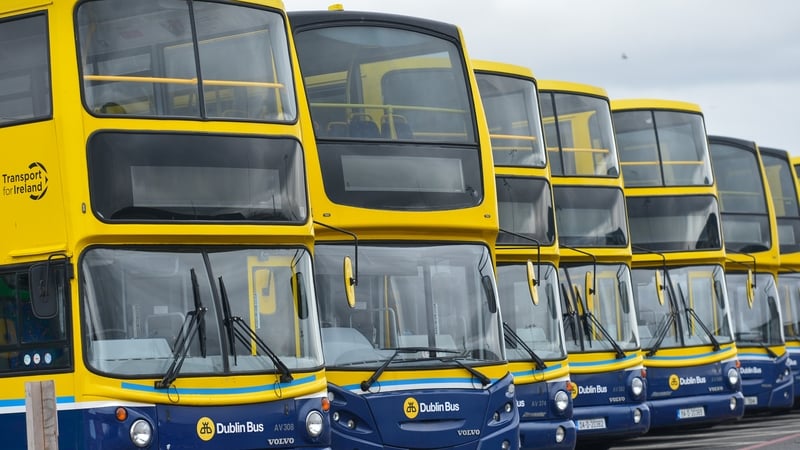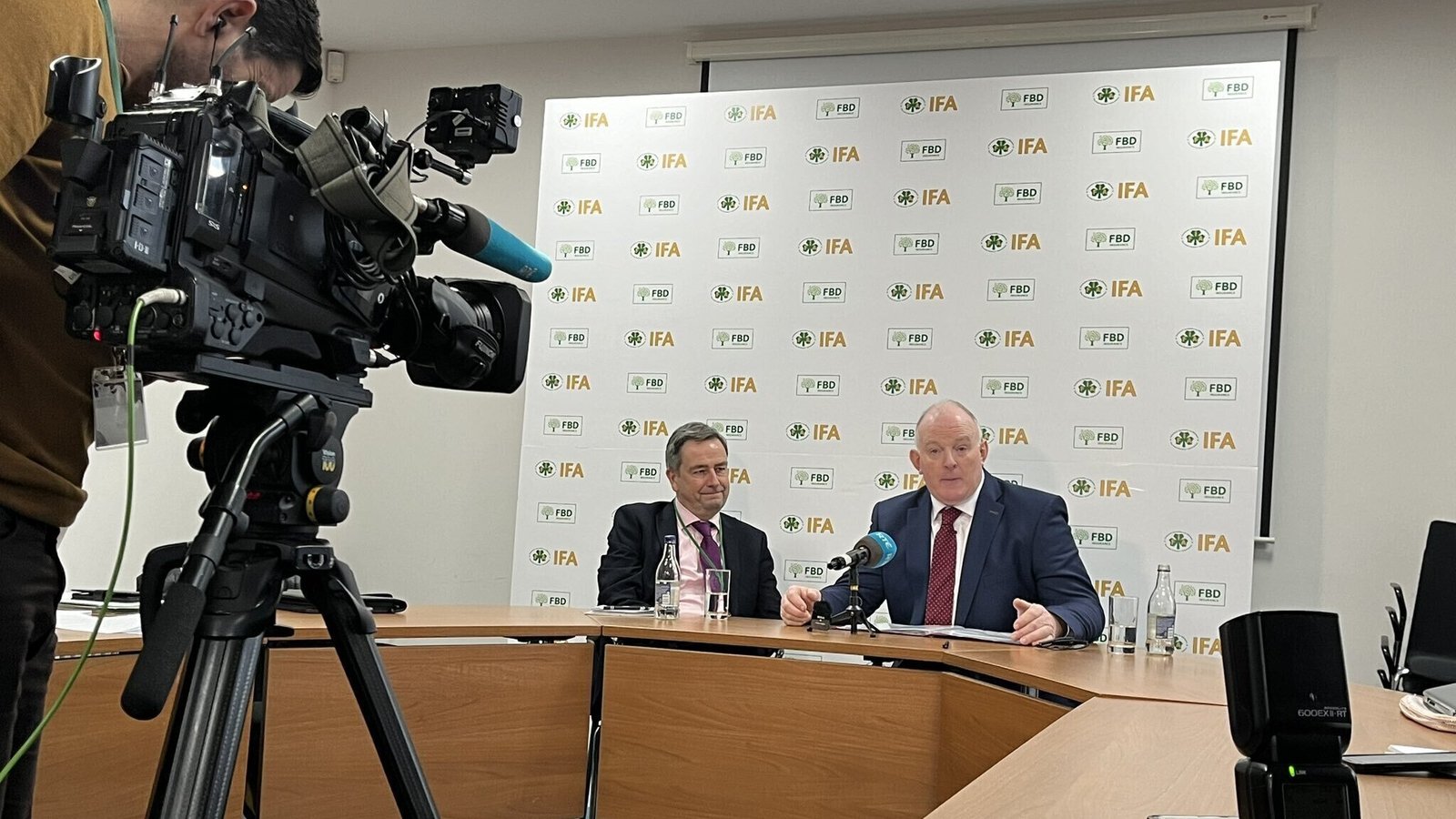Dublin Bus looks to recruit more women drivers


Dublin Bus is seeking to double the number of women drivers it employs. Currently, only 6% of its drivers are female.
This comes as the semi-state company launched a recruitment drive for women called the ‘More Mná’ Recruitment Drive.
“We are so proud to have achieved our previous goal of doubling the number of female drivers at Dublin Bus since our female recruitment drive in 2019, but we want to double it again,” said Dublin Bus Talent Development and Diversity Manager Vivienne Kavanagh.
Figures released by the company show one in 10 of the semi-state company’s workers are women.
The workforce is predominantly male, with 91.7% men (3,780) and 342 (8.3%) females.
Of those workers, 193 (6.1%) are female drivers, while 2,951 (93.9%) are male. Since 2019, Dublin Bus said it has 96% more female drivers.
There are 170 male mechanics in the company, but no female ones.
The launch of the ‘More Mná’ Recruitment Drive is accompanied by new research into gender roles, stereotypes and women in the workforce.
We need your consent to load this rte-player contentWe use rte-player to manage extra content that can set cookies on your device and collect data about your activity. Please review their details and accept them to load the content.Manage Preferences
It shows a quarter of Irish women did not apply for a job in the past because it was seen as being a ‘man’s job’.
The research which was carried out on 1,012 female adults for Dublin Bus by Bounce Insights, reveals that 25% of Irish women have been deterred from applying for jobs in the past due to certain roles being seen as a ‘man’s job’ historically.
The research adds that the “role of a bus driver may have once had this reputation,” but most women surveyed view the Dublin Bus driver role as less gender-specific than in the past.
When respondents for the survey were asked if they think driving a Dublin Bus is still seen as a ‘man’s job,’ almost half said yes but less than before, only 13% said yes absolutely, and over a third said no.
The research shows a quarter of Irish women did not apply for a job in the past due to its perception of being a ‘man’s job’.
It also shows that a competitive salary has come out on top as the biggest career non-negotiable for women (28%), followed closely by flexibility (27%) and benefits such as health insurance and pension (13%).
In the research, the majority of respondents (37%) chose boxer Katie Taylor as the Irish woman that inspires them the most, with Dr Katriona O’Sullivan, academic, activist and bestselling author of ‘Poor’, and Sonya Lennon, designer and founder of WorkEqual, tied in second place with 14% each.
“Having seen from the survey that a quarter of women have been deterred from applying for a job because it has historically been seen as a man’s job, we want to continue to be part of the change and give women the confidence to go for any job they want to,” Ms Kavanagh said.
“I would urge any woman who is interested to join us at one of our upcoming open days to find out more about bus driver career opportunities and competitive packages, and just give it a try – we’re a big family, but we still want more mná,” she added.
The research also showed that of those surveyed, 25% said they would like to drive a Dublin Bus if given the chance.
Dublin Bus says that salaries for its drivers begin at €839.76 per week increasing to €972.31 a week over the course of a six-year pay scale.
These figures relate to a 5-day week inclusive of shift and Sunday premium.
Dublin Bus will run a series of open days to encourage women to apply for jobs with them from March to May 2024. Further information and registration information can be found on the Dublin Bus website.
At the open days, attendees can meet current female drivers and inspectors and get the opportunity to drive a training bus with a driving instructor, get a tour of Dublin Bus Central Control Centre and be taken through the recruitment process for bus drivers and the various benefits of working for the company.
Open Day dates are Saturday, 2 March; Saturday, 23 March; Saturday, 13 April, and Saturday, 18 May.





